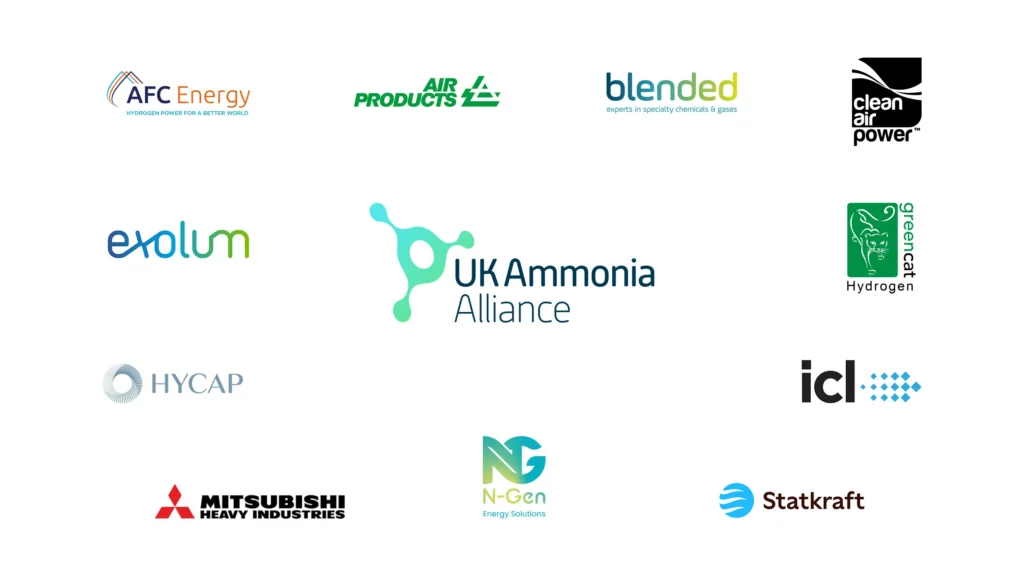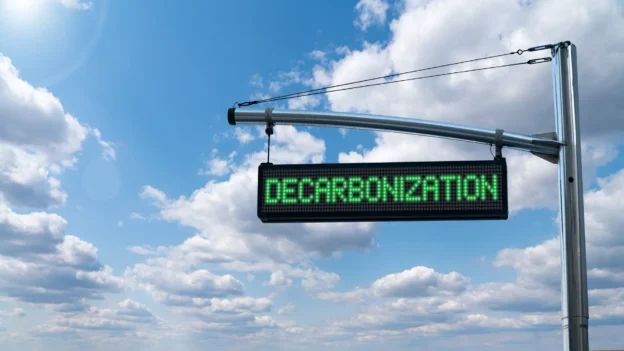The UK energy industry has unveiled the official launch of the UK Ammonia Alliance (UKAA), a coalition of 11 leading energy, hydrogen, chemical and transport companies. This new alliance seeks to position low-carbon ammonia as a leading solution to accelerate decarbonization in challenging sectors. decarbonization in sectors that are difficult to electrify. to electrify.
Founding members of the UKAA include companies such as AFC Energy, Air Products, Statkraft, Mitsubishi Heavy Industries, Clean Air Power, Exolum, Blended Products, among others.
Why is low carbon ammonia so important?
The ammonia (NH³) has historically been fundamental to agriculture and modern industry, especially in the manufacture of fertilizers, although its production is highly polluting. However, low-carbon ammonia, which is manufactured using renewable energy (green ammonia) or by capturing and storing CO₂ emissions (blue ammonia), encompasses more uses than just fertilizer.
For example, it can be used to package hydrogen, which is difficult to transport, to move it easily and then release it where it is needed. It can also be used in power plants or on ships to replace fossil fuels. fossil fuelsor to store excess renewable energy in a chemically stable form.

What are the objectives of the alliance?
The UKAA seeks to emphasize the economic and strategic benefits to the United Kingdom by promoting the following:
- The United Kingdom has a geographical position and port infrastructure that would allow it to be a hub for the import and export of this new fuel.
- Ammonia is already traded on a large scale globally and ships, ports and security protocols are in place, facilitating its expansion, so this existing infrastructure can be leveraged.
- Help decarbonize industries such as shipping or back-up power generation, which are very complicated to electrify directly, to reduce their emissions.
One of the Alliance’s immediate objectives is to establish a clear dialogue with the British authorities, so the UKAA will organize its first public event in Parliament in November 2025, where it will present a policy document that includes concrete proposals to boost the use of low-carbon ammonia in the country. Key demands include:
- Integration of ammonia into the national hydrogen strategy.
- Promoting investment in infrastructure and logistics.
- Establishment of regulatory frameworks to facilitate their industrial adoption.
Potential impact for the future of the United Kingdom
UKAA posits that, with the right backing, the country could capture a significant share of the global ammonia market, for which demand, according to the International Energy Agency, is set to grow by 40% between now and 2050.
The UKAA aims to become a platform for collaboration between industry, government and investors to generate skilled jobs and strengthen the national supply chain for decades to come.
Source and photo: Ammonia Alliance UK

